A Word From The Weiss
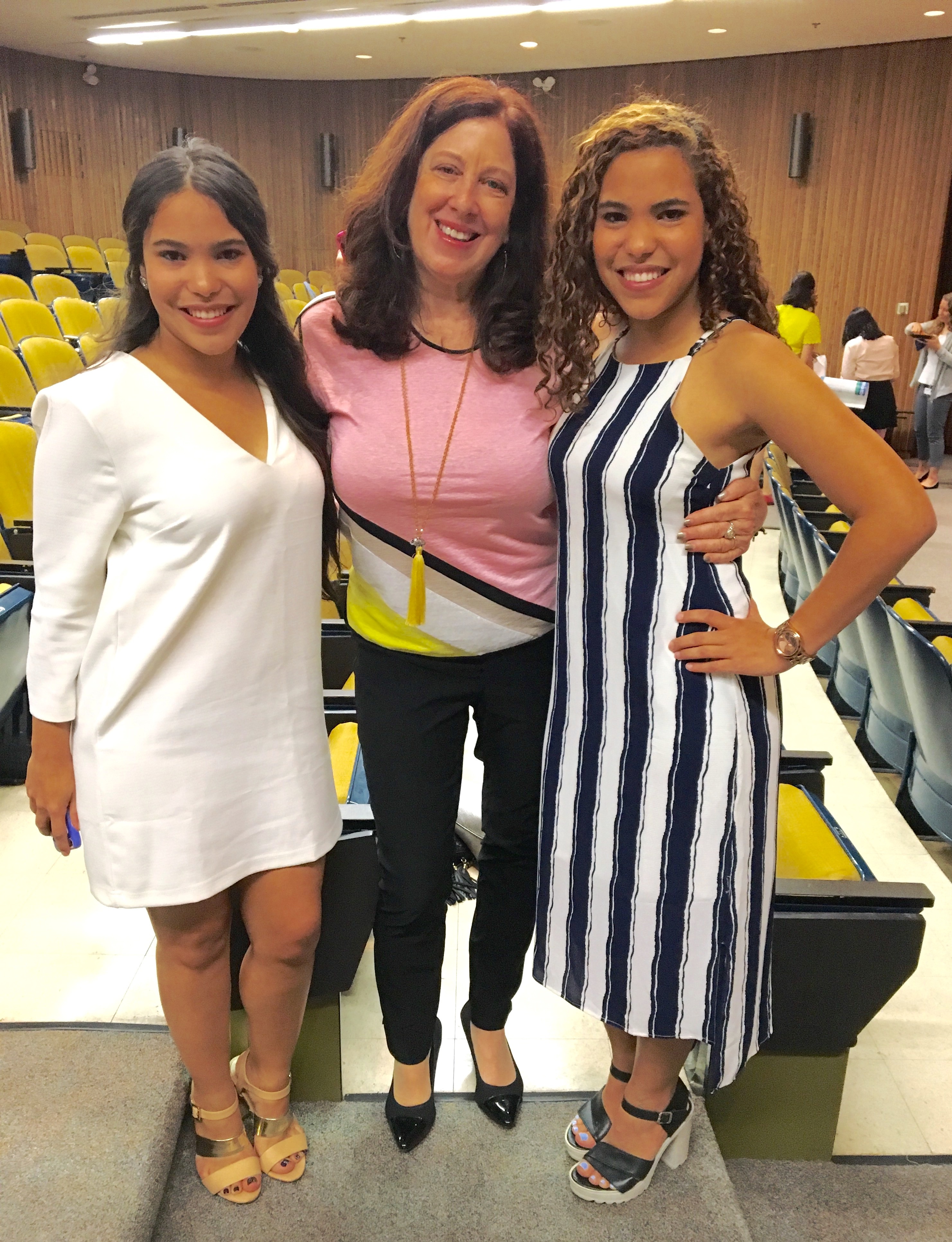
You’ll have to forgive me for not posting a single word for the past week or so. Friday afternoon was graduation, and I had to be there
to cheer for my kids.
All 30 of them.
Yes, if you are regular readers of this space, you know by now that I have only two biological
children, Aidan and Allegra, as well as Kaitlin, my wonderful brand-new daughter-in-law.
But I also had
an actual job again this summer, serving once
again as an adjunct faculty member at the University of Connecticut Medical
School, during which I grew so attached
to my 30 students that, as far as I’m concerned, they are all now “my kids” too.
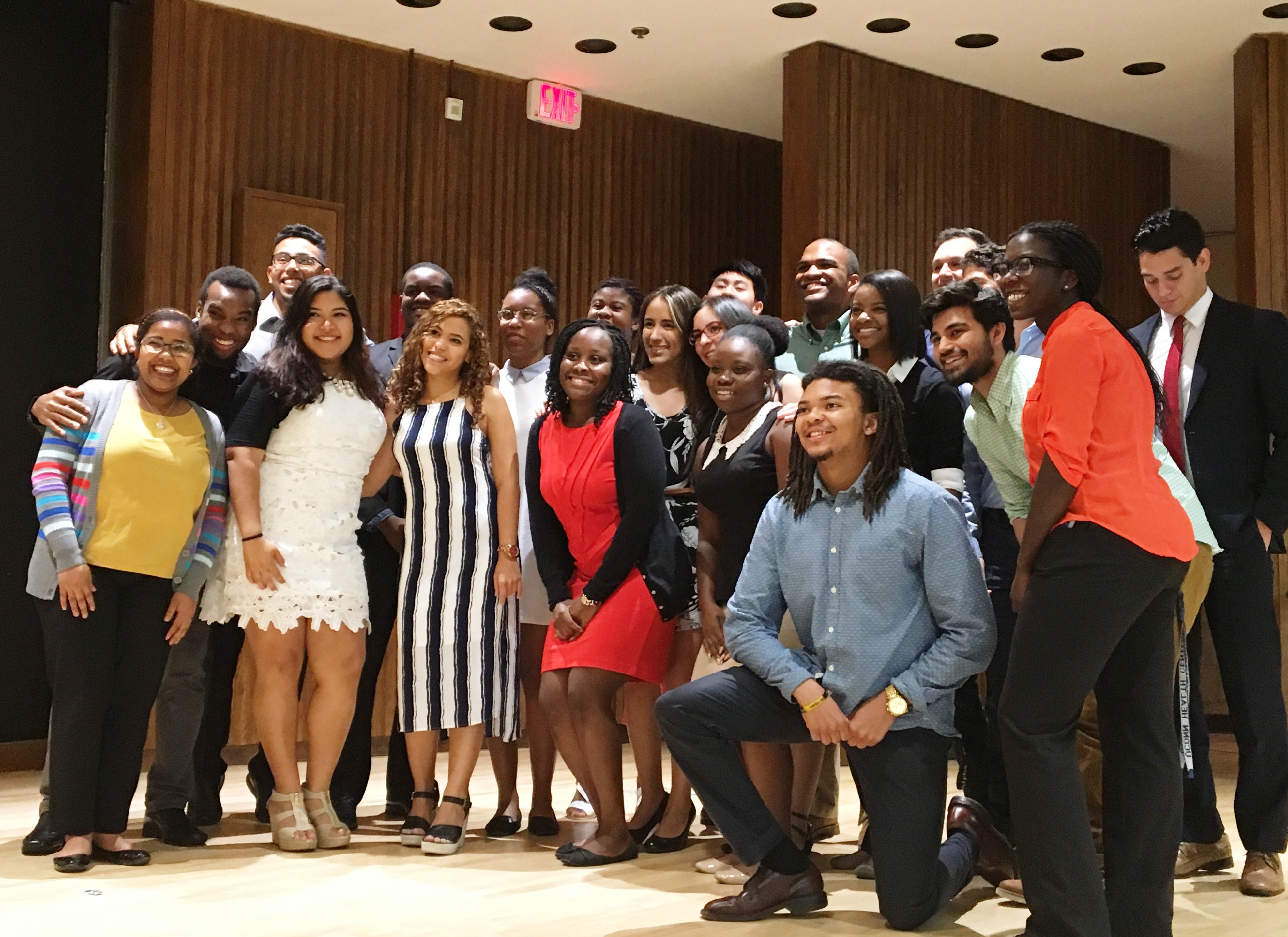
What was I, Nice Jewish Mom, doing
teaching at a med school? Don’t imagine for a second that I was hired to tutor aspiring physicians in physics
or inorganic chemistry. You might argue that on some level I am qualified to call myself a doctor of Mom-ology. But
in this case, what the program really required was an experienced writer and editor.
Then again, as it turned out, what many of my students also needed was what almost every kid – no, let’s face it, almost everyone – could probably
use: another mother.
Nice, Jewish, or otherwise.
For the past 20 years, UConn Health Center has offered a series of courses each summer and on Saturdays through the school year. Designed for students ranging in age from
middle school through post-college, HCOP aims to increase diversity in the health-care field by helping youngsters from minority backgrounds that are underrepresented in the profession get into medical and dental schools.
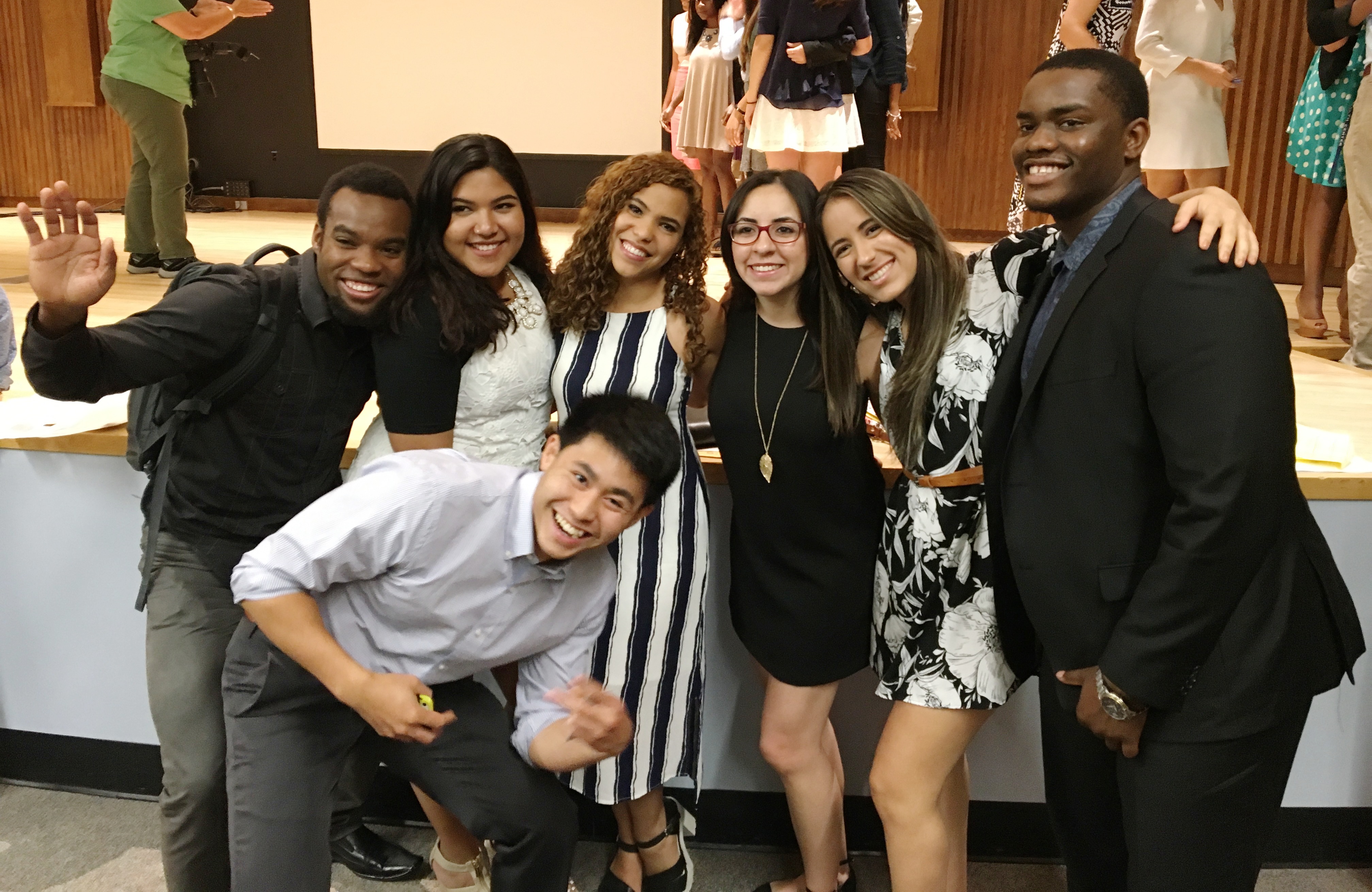
The primary focus of the
class with which I was affiliated was to help these students raise their science grades and scores on standardized
tests. However, the directors of the program realized last year that these students could also use some help
with the personal essays for their applications. That’s where I came in.
The
students I taught were all college juniors, seniors, and recent graduates who will be applying to medical and dental schools.
They were so busy taking science courses and studying for the MCATs and DAT (Dental Admission Test) that there was only time for me to teach one initial
90-minute class to each of the two groups.
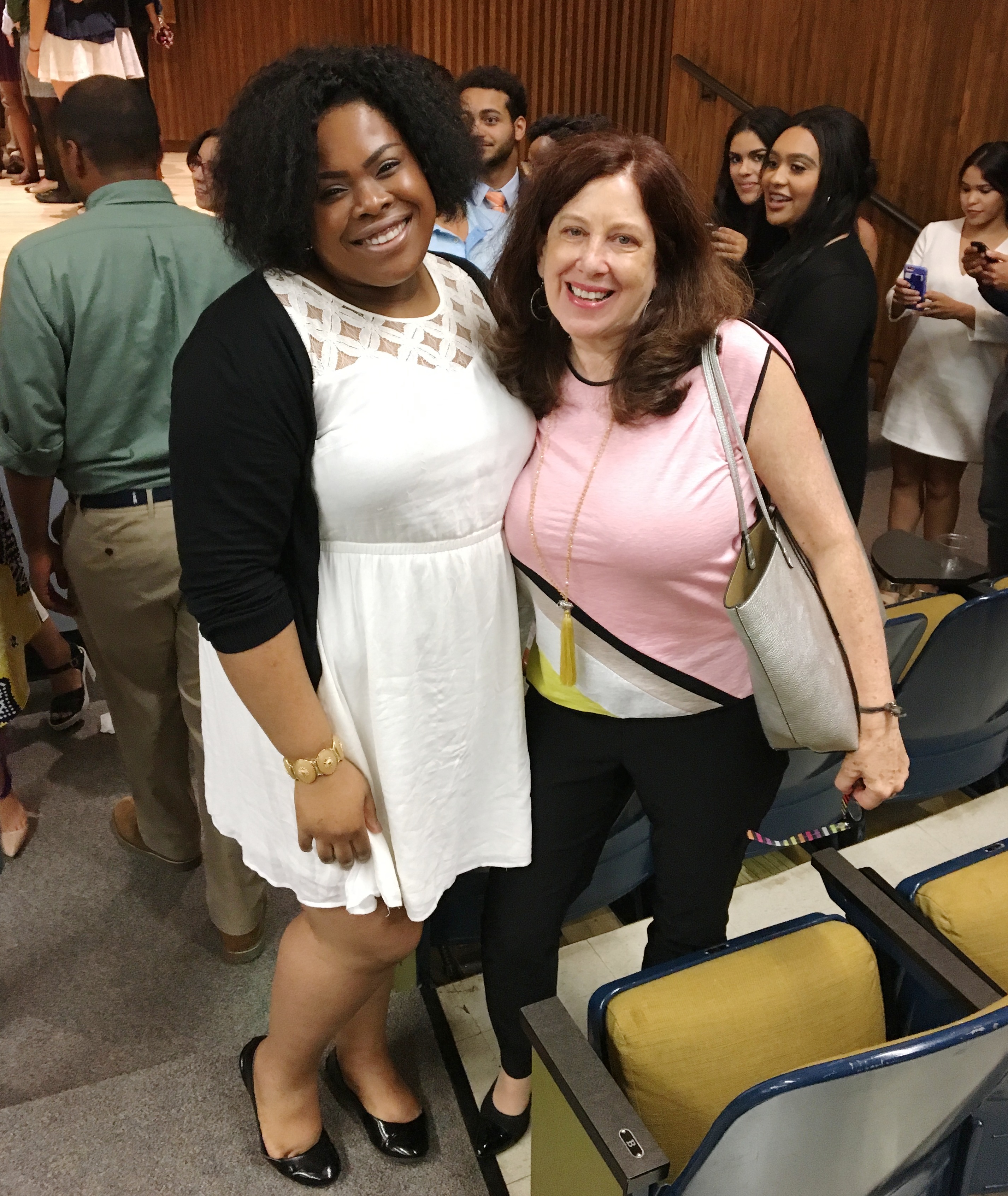
After that, the plan once again was that they would write their essays on their own and email them to me to be edited. Then I would meet with each of them
one-on-one to discuss the changes I had made and elicit any necessary additions or clarifications.
Writing can be a
daunting task, particularly for science kids. It hardly
helped that many of them spoke English as a second language. To help put my students at ease and create a welcoming atmosphere,
I showed up
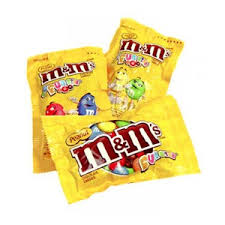
for my classes
with a bowl full of candy
and granola bars. I also advised them to lose whatever notions they might have about what “good
writing” entails. When it comes to composing a personal essay, I said, the best approach is to forget about big words and stiff, formal terms like “nonetheless.” And “therefore.”
Rather, adopt a natural voice, meaning a conversational tone, as though you were telling a story about
something to a good friend.
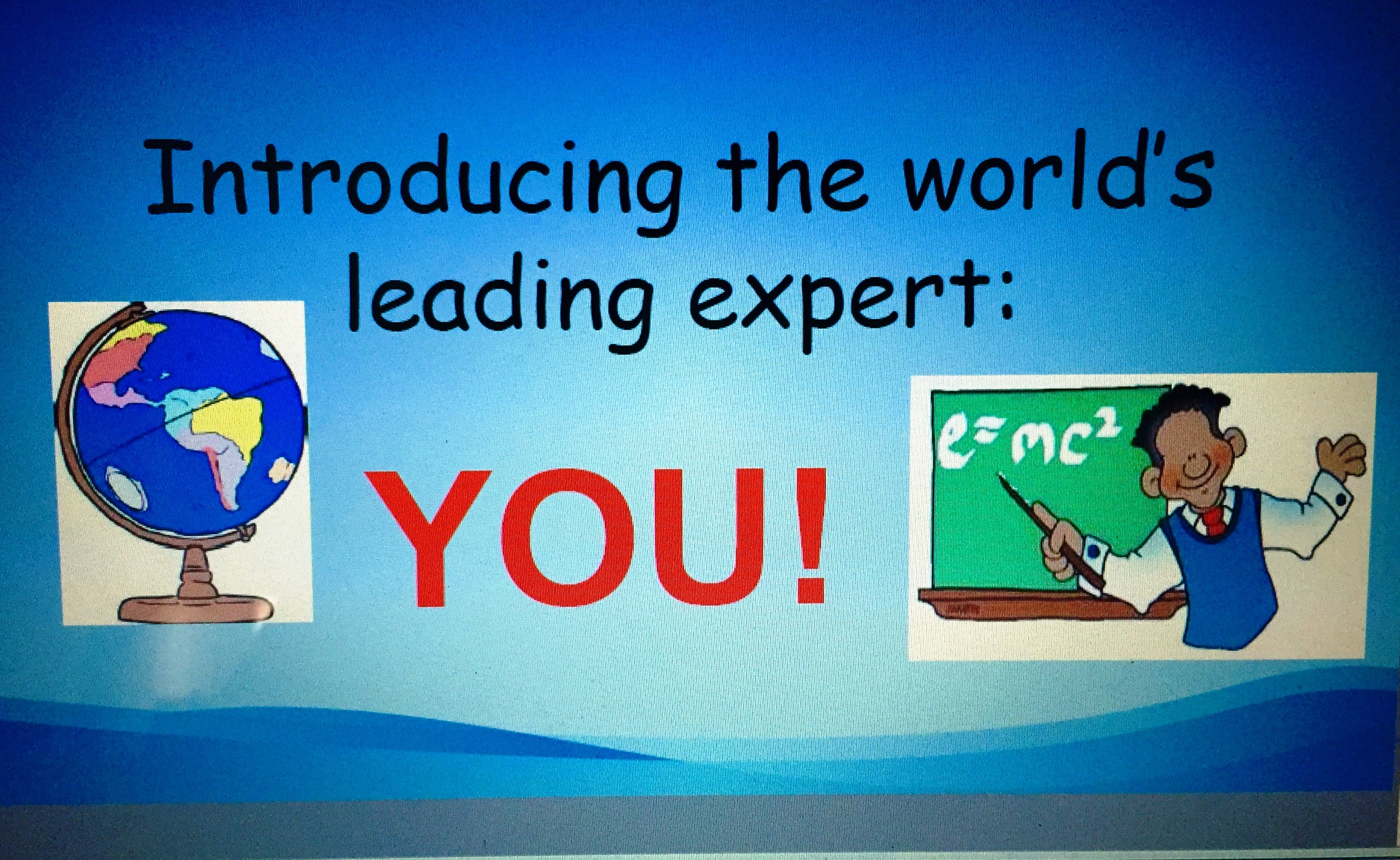
Or perhaps your mother.
I also assured them that they had nothing to worry about
because the subject matter they were required to write about in this case happened
to be the one topic on which they were each not only extremely well-versed, but actually the
world’s leading expert.
Themselves.
To drive
this point home, I asked for a volunteer to come up, asked him his name, then placed a white satin graduation cap on his head
and ceremonially presented him to rest
of the class.
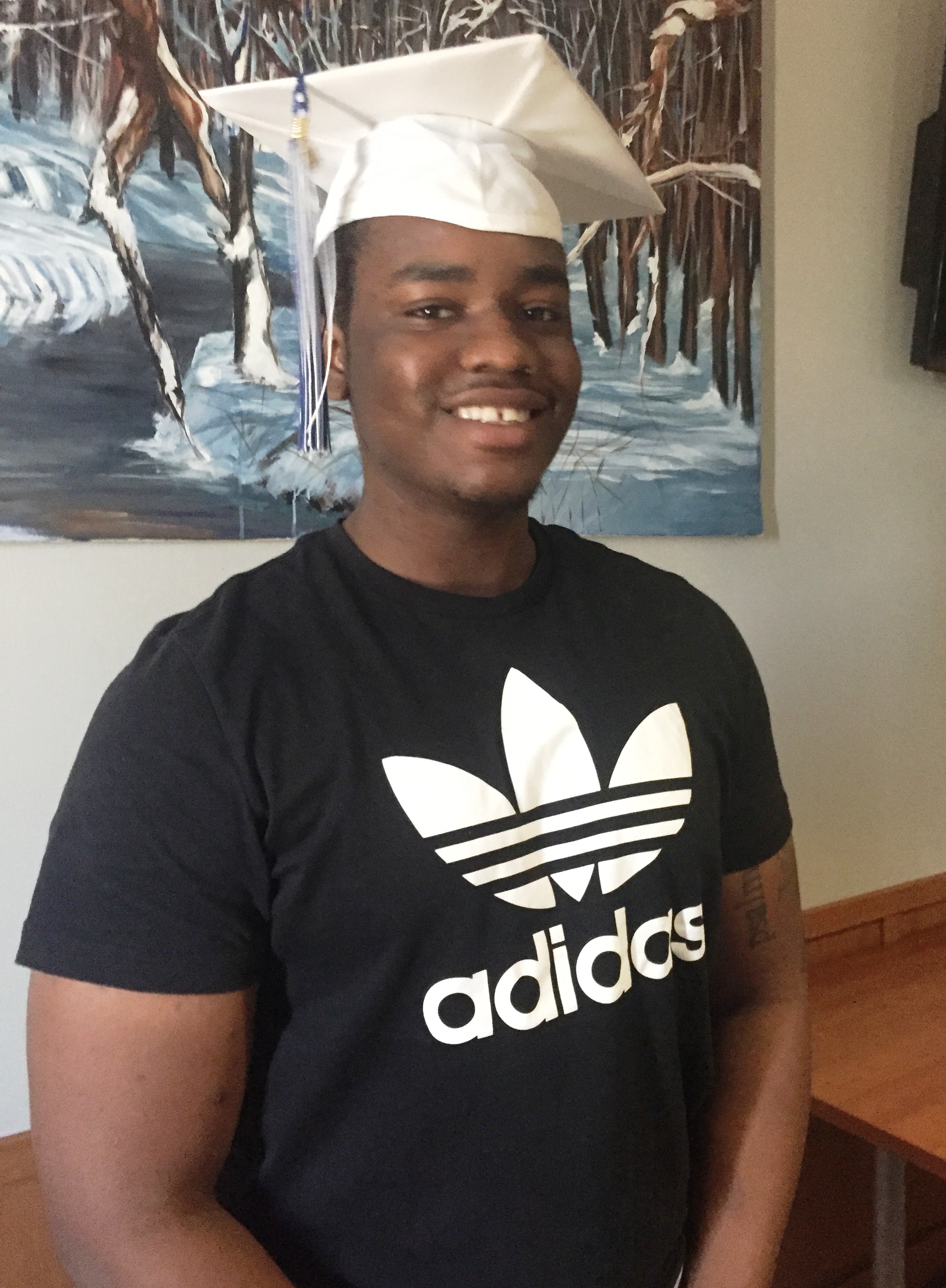
“Ladies and gentlemen, allow me to introduce the world’s leading
expert on Lemuel: Lemuel!”
Since the majority of my students were of African-American or Hispanic descent, and many came from a wide range of other places, including Puerto Rico, India,
Jamaica, Pakistan, and Vietnam, my class this year also featured the world’s leading experts on Zuleika, Uchenna, Meadeshia, Kavisha, Jadia, and Hamza.
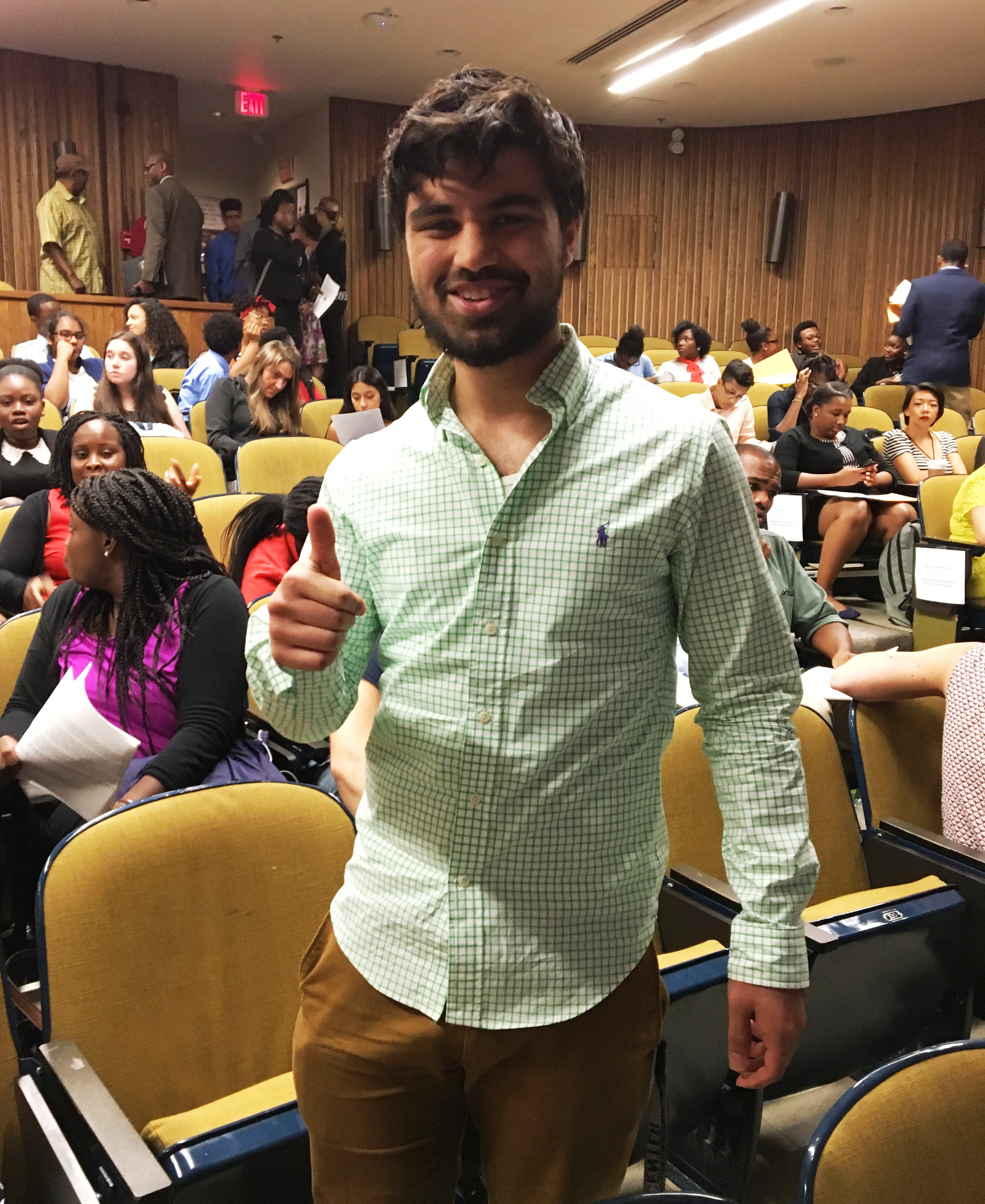
Yet once again, since many of
them spoke English as a second language, far more challenging than pronouncing their names was managing to revise their essays
so that they retained their writers' natural voices, yet read smoothly and totally grammatically.
Many of the stories they chose to tell were heart-rending. They wrote of sacrifices their
parents had made to move to this country seeking a better life for their children. Many of these youngsters were not just the first in their families to attend college,
but also the first to speak English. So they had been obliged to attend doctors’appointments with their parents, siblings and other relatives to serve as translators, starting from a very young age.
Others, growing up in extreme poverty, had needed to work to help their families.
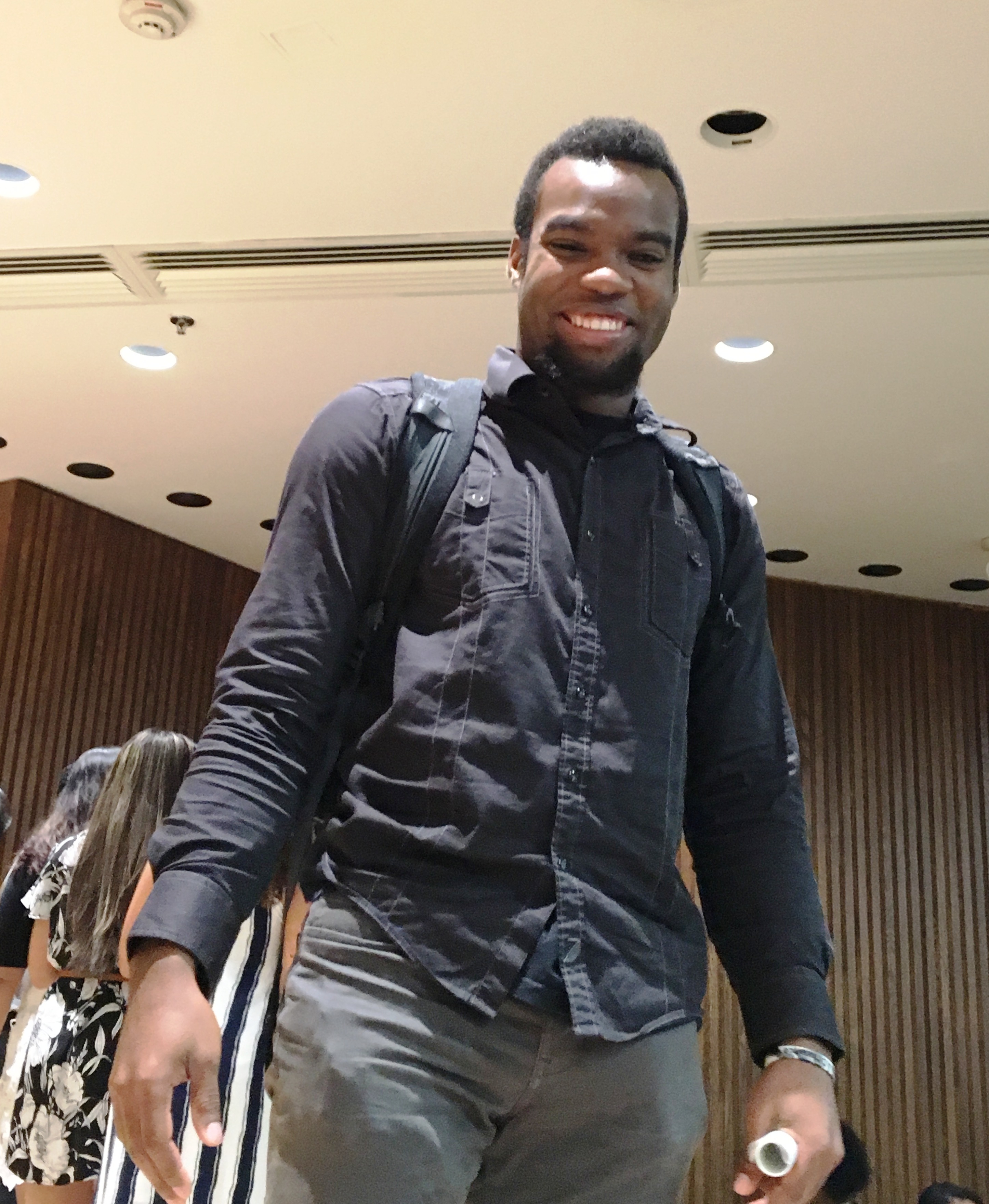
One girl, whose father was an invalid, had been responsible for administering
his daily regimen of medications since she was 11, on
top of doing a wide gamut of household
chores. This meant that, like many of her classmates, she had been forced to grow up fast.
And yet, as you find when you work with children, they still needed a parent.
An extra parent, I mean. Or at the very least some caring adult to offer support, reassurance, and advice.
And so, even though I had only been allotted 20 measly minutes to meet privately with each student, I often ended up spending much of that precious time counseling them not just on their personal essays, but also a wide variety of personal issues.
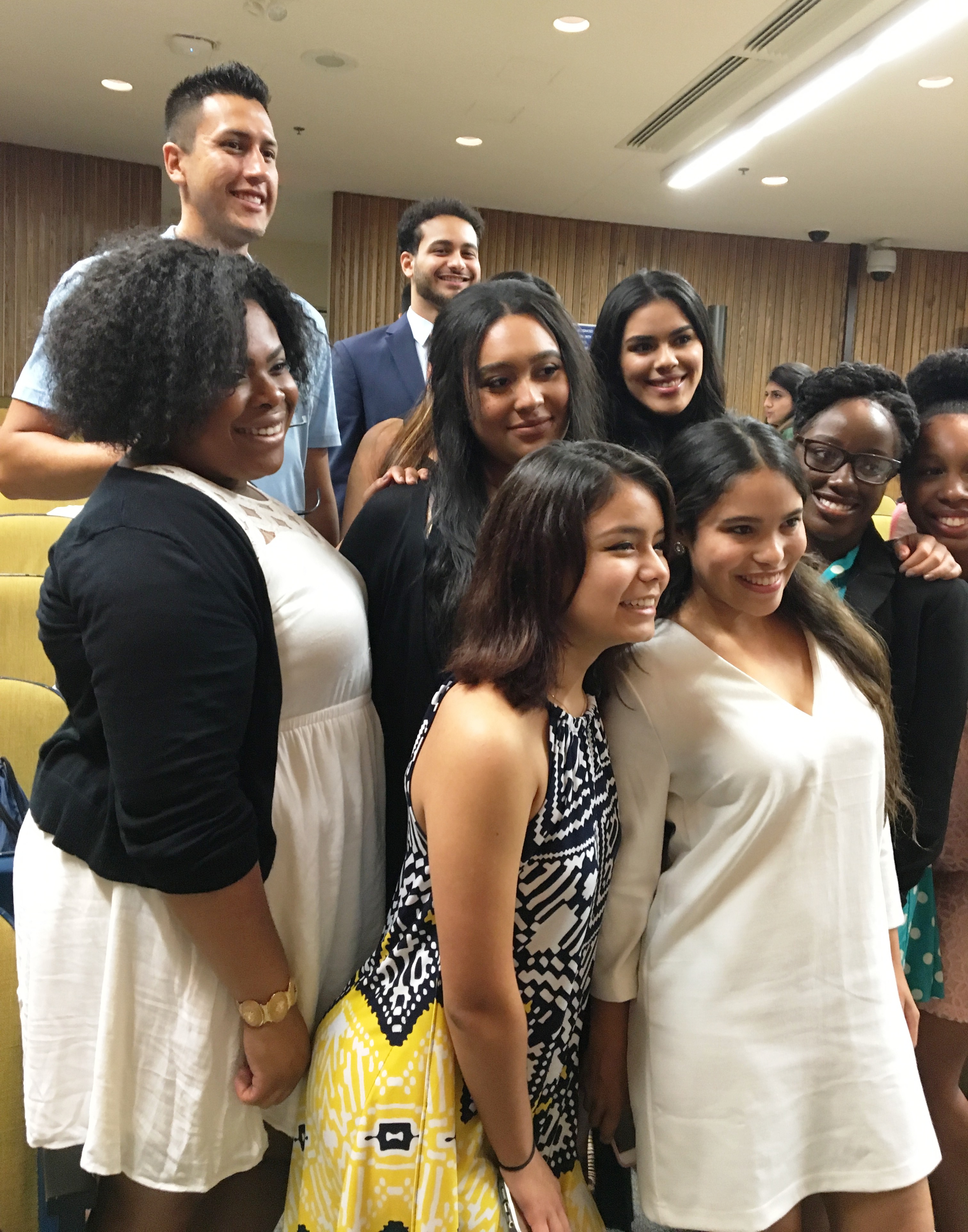
In the interests of maintaining
confidentiality, I am not going to name any names.
But
there was one girl who wrote about a touchy, traumatic situation that I felt warranted comment on far more than her voice, word choice, and sentence structure.
As I had advised my students, the personal essay was the best place to address any deficiencies or precipitous dips in their academic record. That is, if they had a difficult
semester or two, or a low grade in one particular course, and this could be attributed to a specific situation
– a death in the family, an illness or injury they or a close relative had suffered, or some other sort of hardship – then they should address it there head-on. It was generally not a good idea to lead off with this kind of information, however.
The better approach was to start off with something unique about them, then go on
to detail their best qualities and accomplishments. Then, just before the end, they could digress briefly to explain the unfortunate
things that had happened, and how they
had managed to persist and overcome this obstacle and soon improve their grades.
Still, I was a bit surprised by the way in which one student took this advice to heart. Her grades had declined during her freshman year,
she explained, because she had contracted an STD.
Although this condition was not life-threatening, she went on to note, it still had
managed to deeply affect her on an emotional level. “A typical 17-year-old doesn’t know how to deal with this
type of situation,” she wrote, “and I was no exception.” She had felt betrayed by the person who had given
it to her. She had needed
to find a way to afford the expensive medication
required to treat it. But perhaps worst of all was having to confess what had happened to her to her proper, devout parents back home.
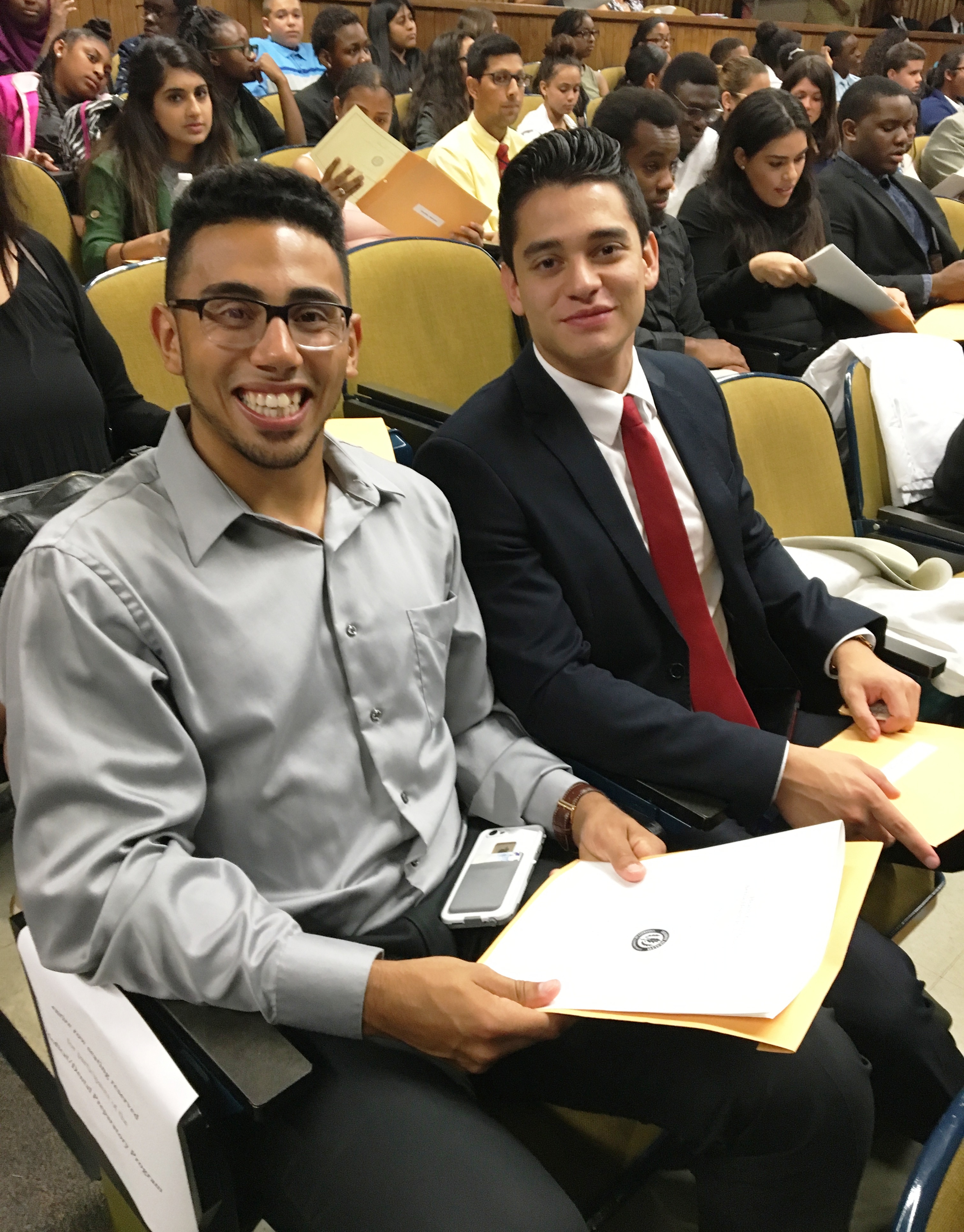
Seeing the tears well up in her
eyes as we discussed this, I couldn’t
help but tear up myself. It no longer seemed so pressing to iron out the details
of the medical internships she had undertaken, or to help her elaborate further on her extracurricular
activities. I began to assure her instead that no matter what you do, or what may happen to you, your parents truly love you, and they always will. Because almost nothing can undermine the love we feel. That
is who your parents are, and that is what parents do.
Another
girl wrote about having had to grapple with her parents’ contentious breakup when she
was in the eighth grade. I ended up talking with her about how my own parents had gone through an extremely acrimonious
divorce during my teen years, so I knew where she was coming from, but that I
had lived to tell about it.
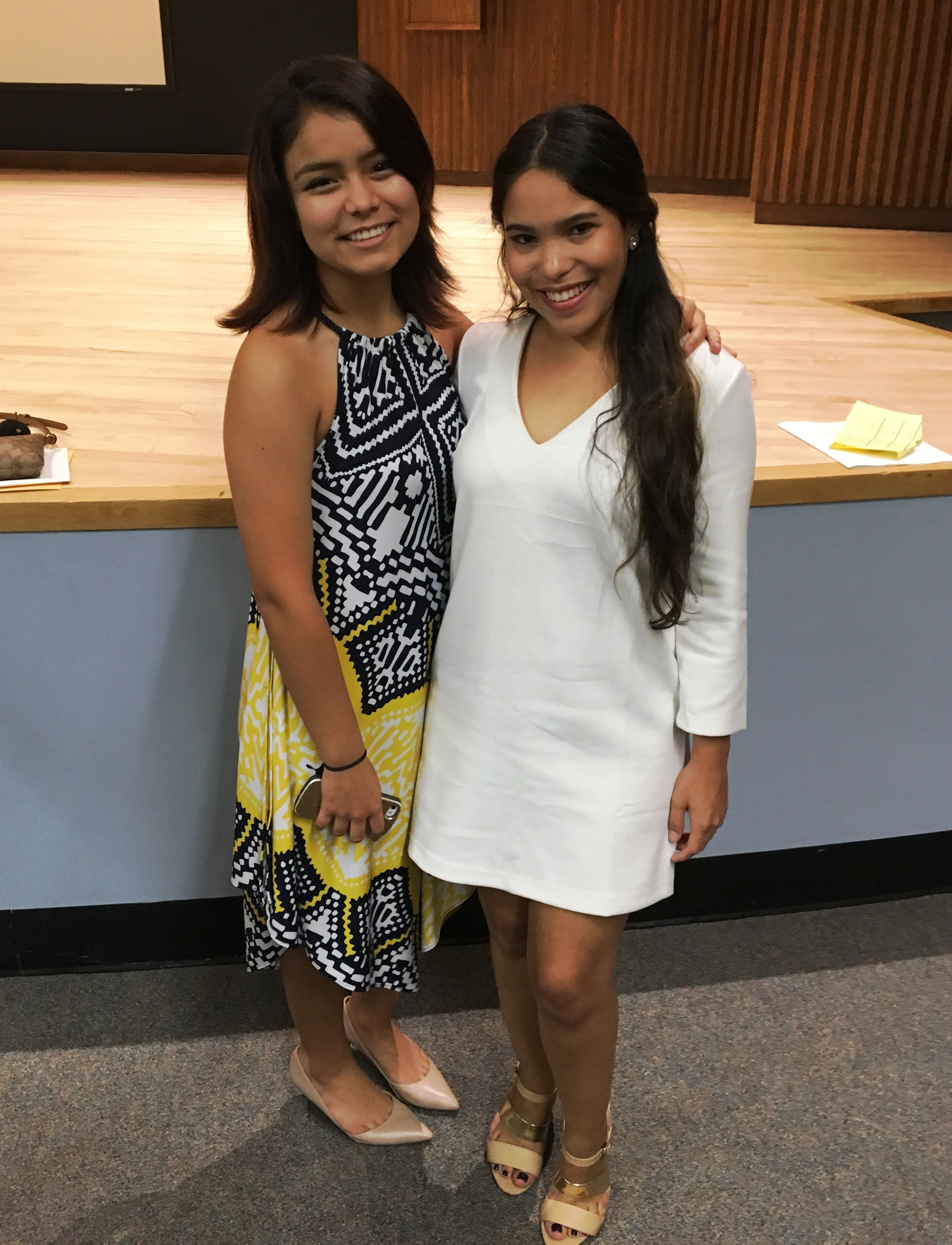
Then there was the one boy in the class who didn’t submit his essay the day that it was due. Or the following
day. Or even week. He kept pleading for extensions, saying he couldn’t write anything that was half-decent. And yet, when
he finally sent it to me, at midnight the night before we met, it turned out to be one
of the best in the class by far.
I told him that his problem was not writing.
It was that he was too hard on himself. He simply needed to begin to believe in himself. And that I believed in
him already.
But most gripping of all was the student who wrote about
his troubled relationship with his father. He had grown up in another country and never even spoken to his dad, who lived in the U.S., until he was a teenager.
A few years later, his father had offered to pay for the boy to travel here to attend college,
and they were now living together. Yet, as he detailed in his essay, his father had still remained distant and seemingly disinterested in his life –
so much so that he felt unwelcome
in his house and often longed to go home to his mother, siblings, and the country in which he’d been raised.
“Tell me something,” I asked, after we had reviewed much of his essay together. “Do you intend to show this to your dad?”
He mulled the question over briefly. “Yes," he finally answered. "I guess I would
like him to read it.”
“In that case,” I said gently, “I suggest
that you change what you said about
him.”
He looked at
me with some surprise. “But what I said is true,” he responded flatly.
Of that, sadly, I had little doubt. My concern was that the words
he had used, which were harsh and potentially hurtful, would only alienate
his father further. Not only might this make their relationship even more tense, but I feared his father might ask him to move out.
Yet sensing his resistance, I decided to drop the issue and just move on. So we did.

After we had finished discussing every other point that I needed
to clarify, though, he brought it up again himself. While sitting there, he’d had an abrupt change of heart. He said that he had decided I was right, after all, and he wanted to soften his language.
But at that moment, I reconsidered.
For I suddenly had a change of heart myself.
“No,” I said, “I have another idea. I’m going to email you two copies of your essay. The first is to send in with your applications. That one will remain exactly as you originally put it.
The second one is to show your father. That one will say it much more nicely.”
A
broad smile broke across his face, perhaps for the first time since he had
entered the room. He nodded in agreement.
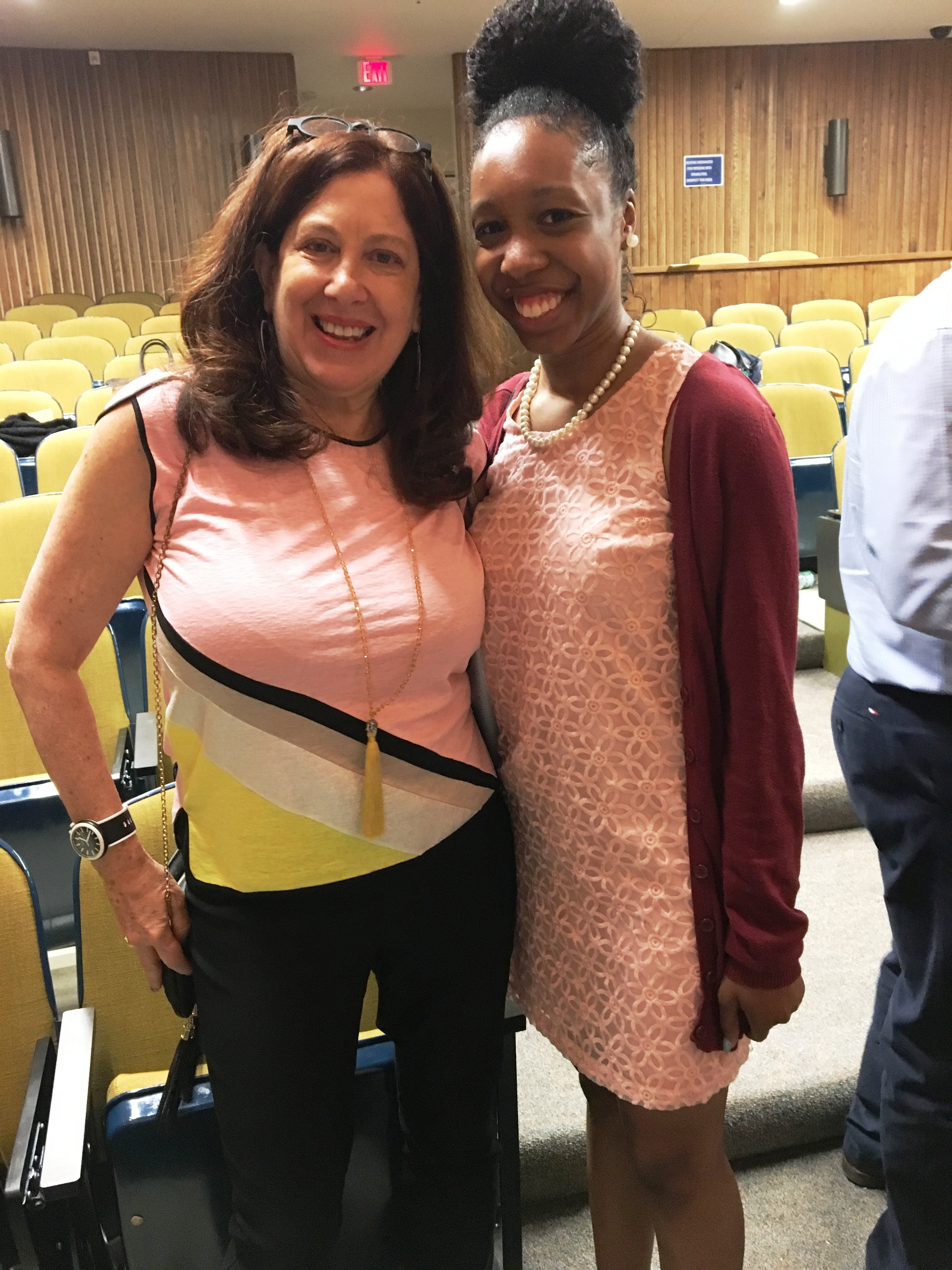
Although it was none of my business,
at least officially, we spent the rest of our remaining time discussing what else he might do to remedy their troubled relationship.
He said that his father seemed to believe that now that he was in his 20s, he was all grown
up and no longer needed a dad.
I assured him that my son, who will turn 30 this month and is now a married man, still needs a father too. As well as a mother.
For the truth is that no one truly ever reaches the point at which they no longer need, want, or at least appreciate having a supportive parent in their life. How I wish I still had one myself.
I advised him to try to have
a chat with his father, but
to put it as positively as possible, rather than being confrontational in any way. I said to emphasize not how disappointed he was that they were so disconnected, but
rather how much he would enjoy spending more time together. Perhaps, as a start, he could simply invite his father to join
him for an activity that they both enjoyed. It was at least worth a try.
There was that smile again.
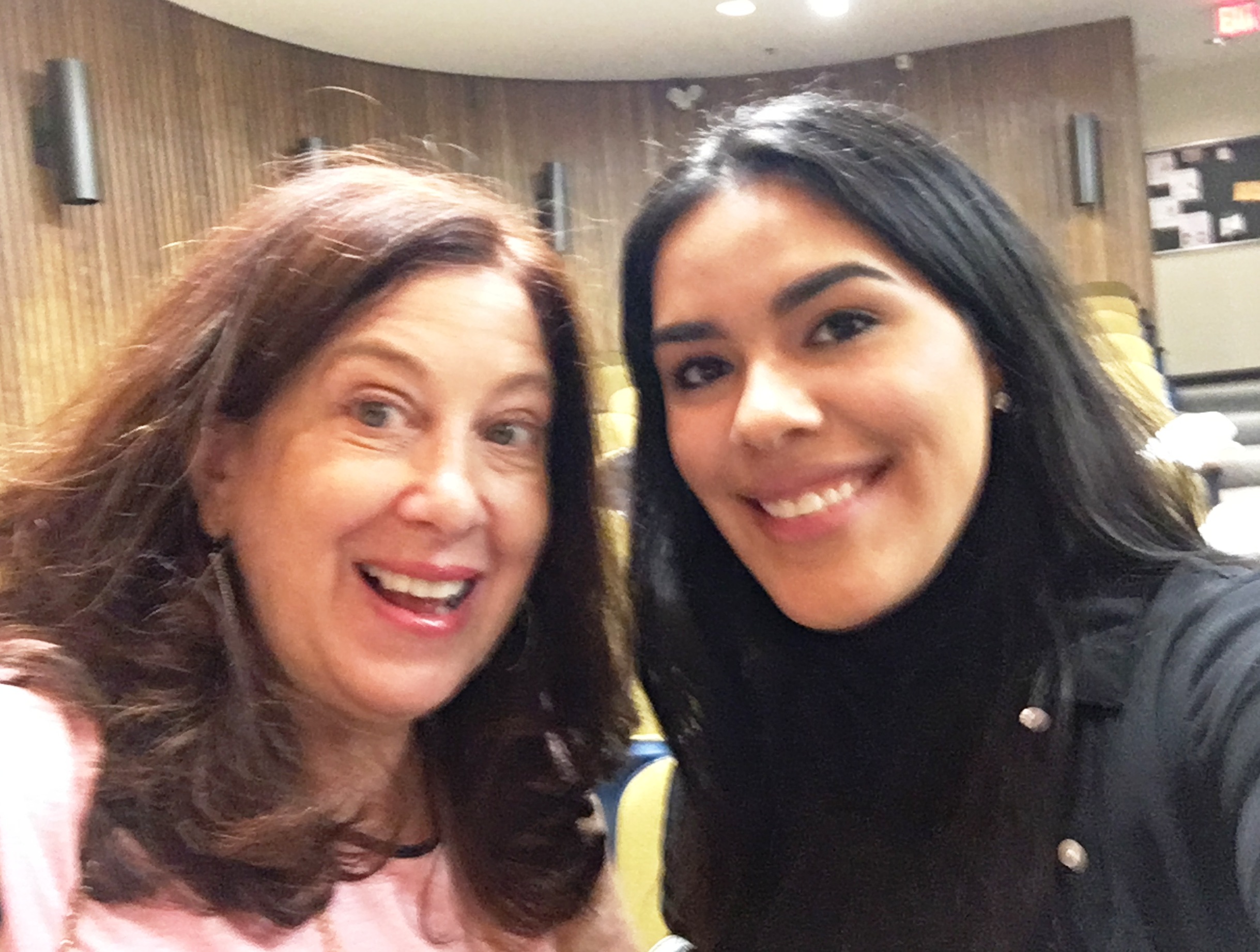
I don’t know how much my
advice helped anyone. But I can tell that they all ended up with well-written and compelling
essays that should help get them into grad school. No matter what their grades
or test scores may be. For that was indeed my business.
It’s funny. Although it was crucial for their personal essays to demonstrate that they were both eager and qualified to become doctors or dentists, aspiring health professionals also need to show that they have a
heart. I told them that the most important thing they needed to convey was why they wanted to spend their lives caring for
human beings. So nearly all of them stated somewhere that they wanted to help people, and that they believed
the best possible way to help people was to heal them or improve their health.
And perhaps what they said was true. At least it was for them. But not necessarily for everyone.
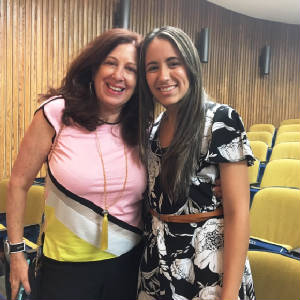
What I did last month for my 30
“kids” may not have been a case of life or death. But it was a case of whether or not they got to fulfill their
greatest aspirations. I spent hours working on every single essay, reading it over and over again to make sure it was the best that it could be. No, I did not hold their lives or their health in my hands. What I held
in my hands was their dreams.
I also know that they appreciated not just my snacks, or my advice,
but my efforts, and the extent to which I clearly cared. Because
when I went to see them all graduate, many of them
came over to greet me. Or hug me. Or have their picture taken with me.
Now it was my turn to smile, and not just for the camera.
Someone who gave a speech at the ceremony concluded with an African
proverb: “If you want to go fast, go alone,” he said. “If you
want to go far, go together.”
And if you want to get into grad school, or have some moral support along the way, get yourself an extra mom. Or dad. Nice, Jewish, or otherwise. I was happy to have some extra kids. Who doesn’t need more of those?